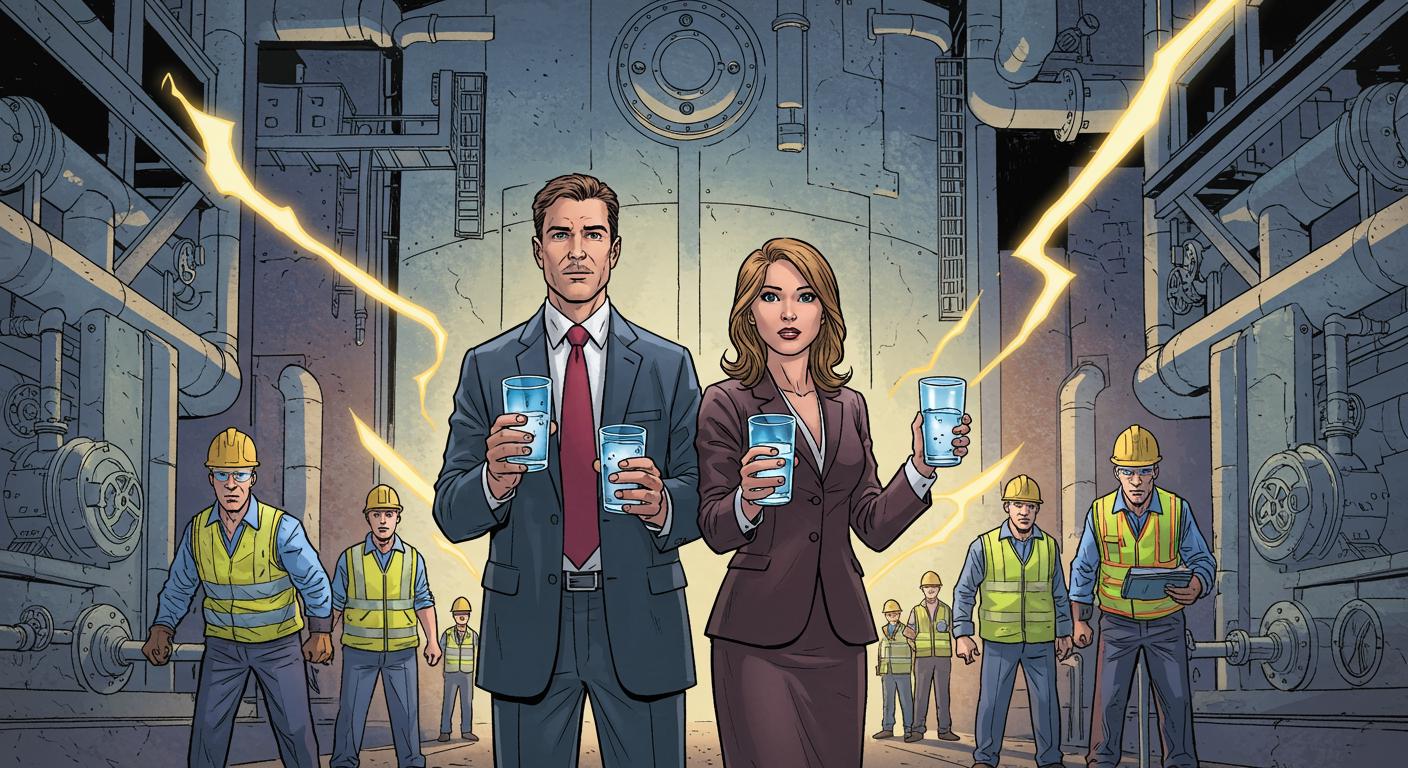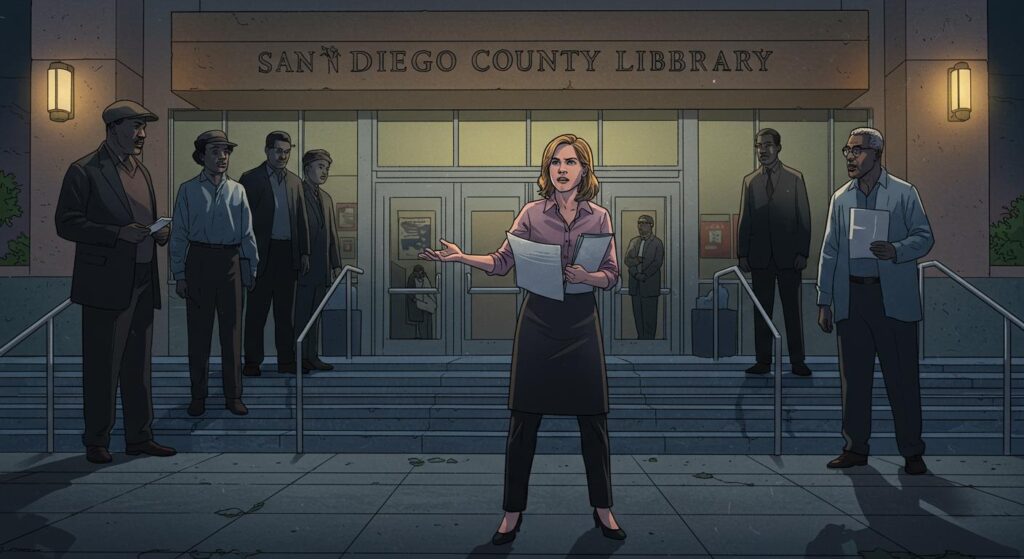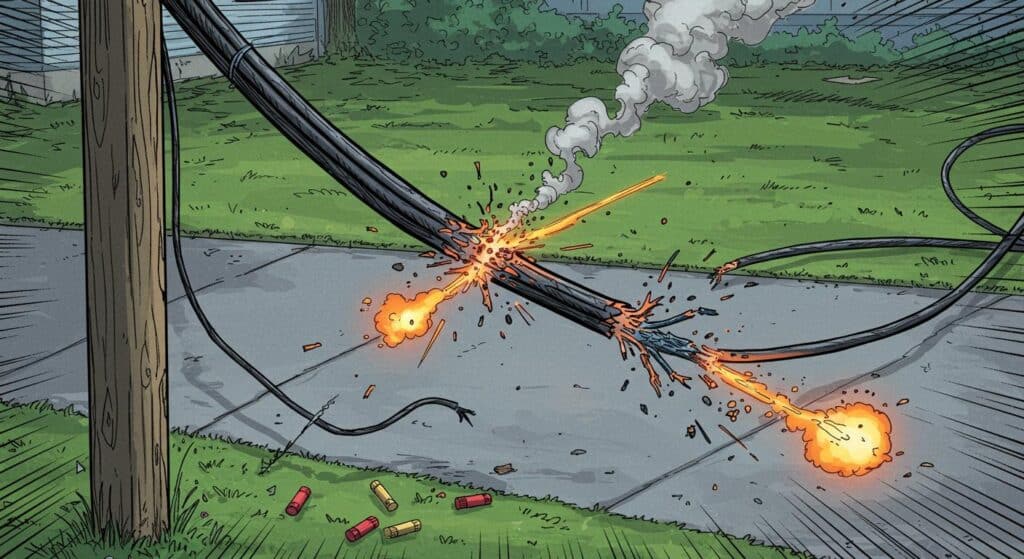If you’ve ever listened to a friend pitch a “miracle weight loss smoothie” or encountered a bottled water labeled “glacial essence” at triple the local price, you probably thought you’d seen the apex of rebranded banality. Take heart (and perhaps your own reusable bottle): you’re not even close. Thanks to an arrest involving a coal-fueled power plant and a so-called “proprietary” liquid, the art of selling the ordinary as the extraordinary just got a new gold standard, clocking in at €5 million according to reporting from Notes from Poland.
The Tap Water Tonic
Here’s the gist. Prosecutors cited in Notes from Poland allege that a married couple ran a business selling what they described as an innovative, patented solution for reducing sediment in flue gas desulphurisation systems. Their main (and only) client: Bełchatów, the continent’s coal-powered emissions heavyweight. But—plot twist—the “innovative product” turned out to be tap water. Technically, slightly jazzed-up tap water, thanks to the addition of chlorine and phosphoric acid, but still roughly the kind of thing your high school chemistry teacher would’ve quietly disposed of down the drain.
What’s more, the plant paid out the equivalent of €5 million for this not-so-miraculous mixture. Notes from Poland details how this industrial-grade confidence game went on for years, all the while targeting Bełchatów’s efforts to clean up its sulfur emissions—the very same plant routinely identified as Europe’s leading carbon dioxide emitter. So, to recap: the planet’s biggest polluter paid millions to reduce pollution, only to get back paperwork and a side of tap water.
Bribes, Palaces, and “Independent” Proof
With any truly baroque corporate scam, someone usually needs a nudge to look the other way (or at a doctored Excel sheet). Prosecutors, according to Notes from Poland, say this scheme included not just the company heads but also an employee at the power station, who reportedly enjoyed a 20,000 zloty “thank you” bribe and a paid trip abroad. To support their claims, one of the accused allegedly falsified test results from an independent laboratory—reminiscent of the kind of plot twist you might expect in a prestige television series but delivered here in ledger form.
Assets tied to the suspects have now been secured, including a historical palace worth four million zloty. I’m left picturing a “Cribs” episode where the highlight reel features both a Renaissance staircase and a garage stacked with chlorine tablets.
So far, eight people have been charged. The outlet also notes that additional charges may follow, which isn’t surprising given the scope—this was not a spur-of-the-moment bucket-and-garden-hose affair.
More Than Just a (Polluted) Drop in the Bucket
If there’s a detail that takes this saga from ludicrous to strangely poignant, it’s the context. Notes from Poland, referencing a 2023 report by the energy think tank Ember, notes that Poland has struggled for years with some of Europe’s worst air quality—a fact compounded by its heavy reliance on coal. Bełchatów doesn’t just win the emissions crown; it laps the field, releasing 35 million metric tonnes of CO2 in 2022 alone—over 10 million more than the second-place emitter.
One is left to wonder how a facility of such scale ended up entrusting its pollution control systems to a pitch barely distinguishable from a homeopathy ad, especially given the plant’s international scrutiny. Did no one question the invoices for “magic sediment solution”? Or did the tap water come with a really good PowerPoint deck?
A Familiar Human Quirk
Every so often, a story emerges that encapsulates humanity’s peculiar relationship with branding and trust. Would “innovative” water have seemed less miraculous if it came in two-liter DIY bottles instead of with the imprimatur of patents and invoices? Is there a universal constant that turns “the usual” into “the revolutionary,” provided enough bureaucracy and wishful thinking?
If nothing else, this case should serve as a weirdly clarifying cautionary tale about due diligence, the perils of unchecked optimism, and the limits of desperation when facing a regulatory gray zone. Grifting may be as old as time, but rarely does it come with a palace and a carbon dioxide side plot.
History is full of snake oil, charlatans, and the unending hope that this time, the fix will be quick, easy, and indistinguishable from home utilities. Five million euros later, how much has really changed? Is there a lesson here, or does the world just secretly enjoy a good story about water, old castles, and the triumph of salesmanship over skepticism?







